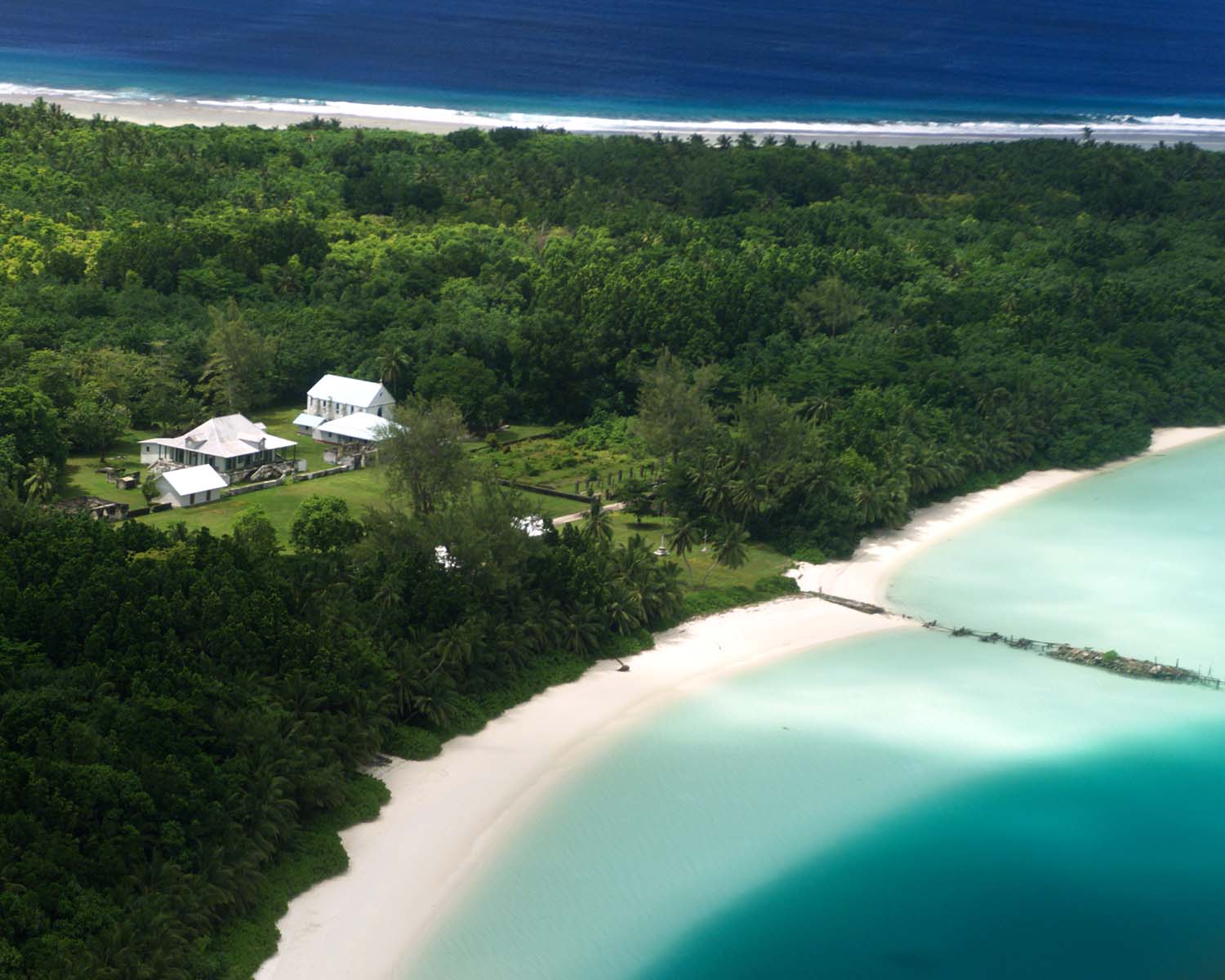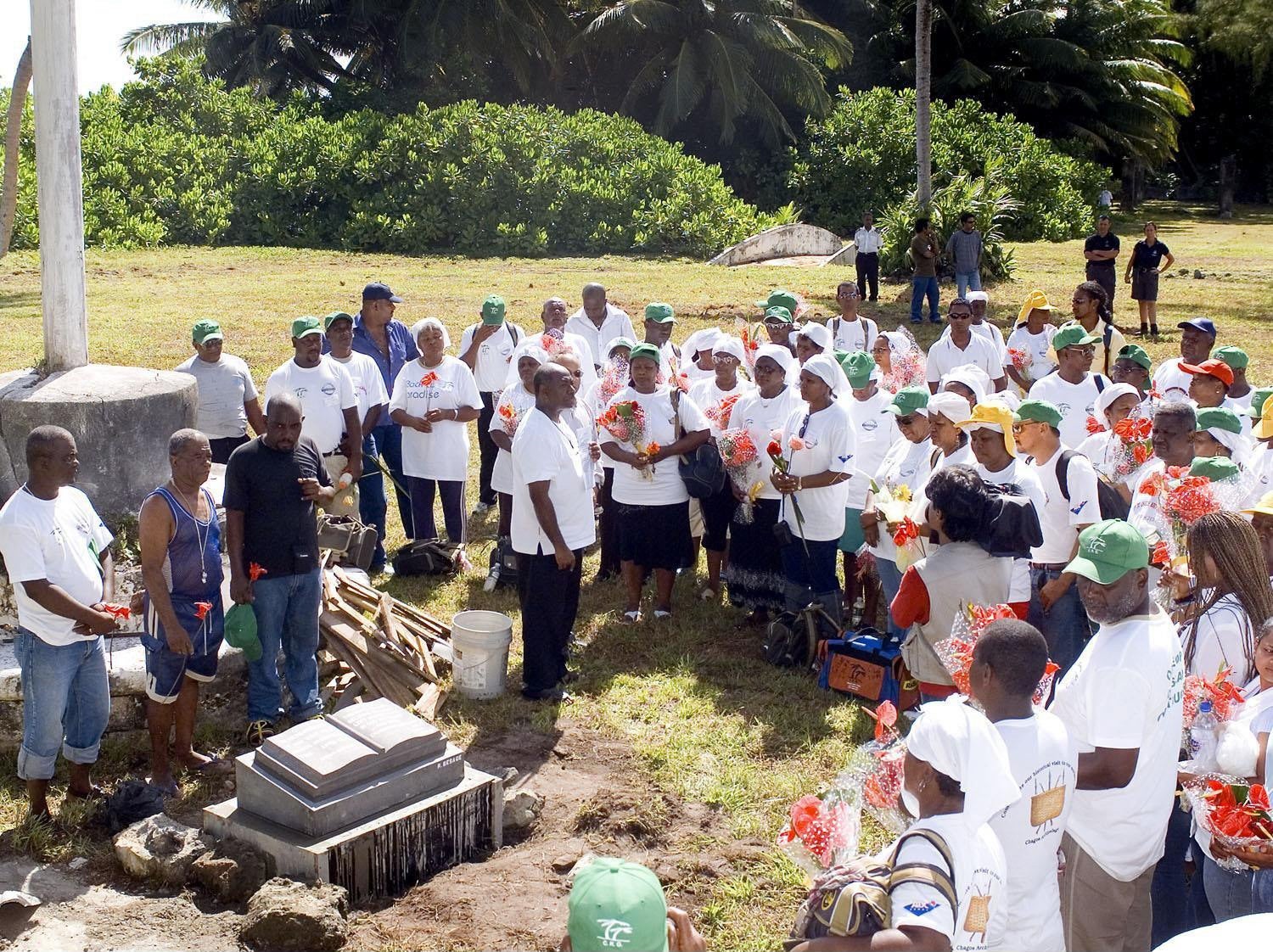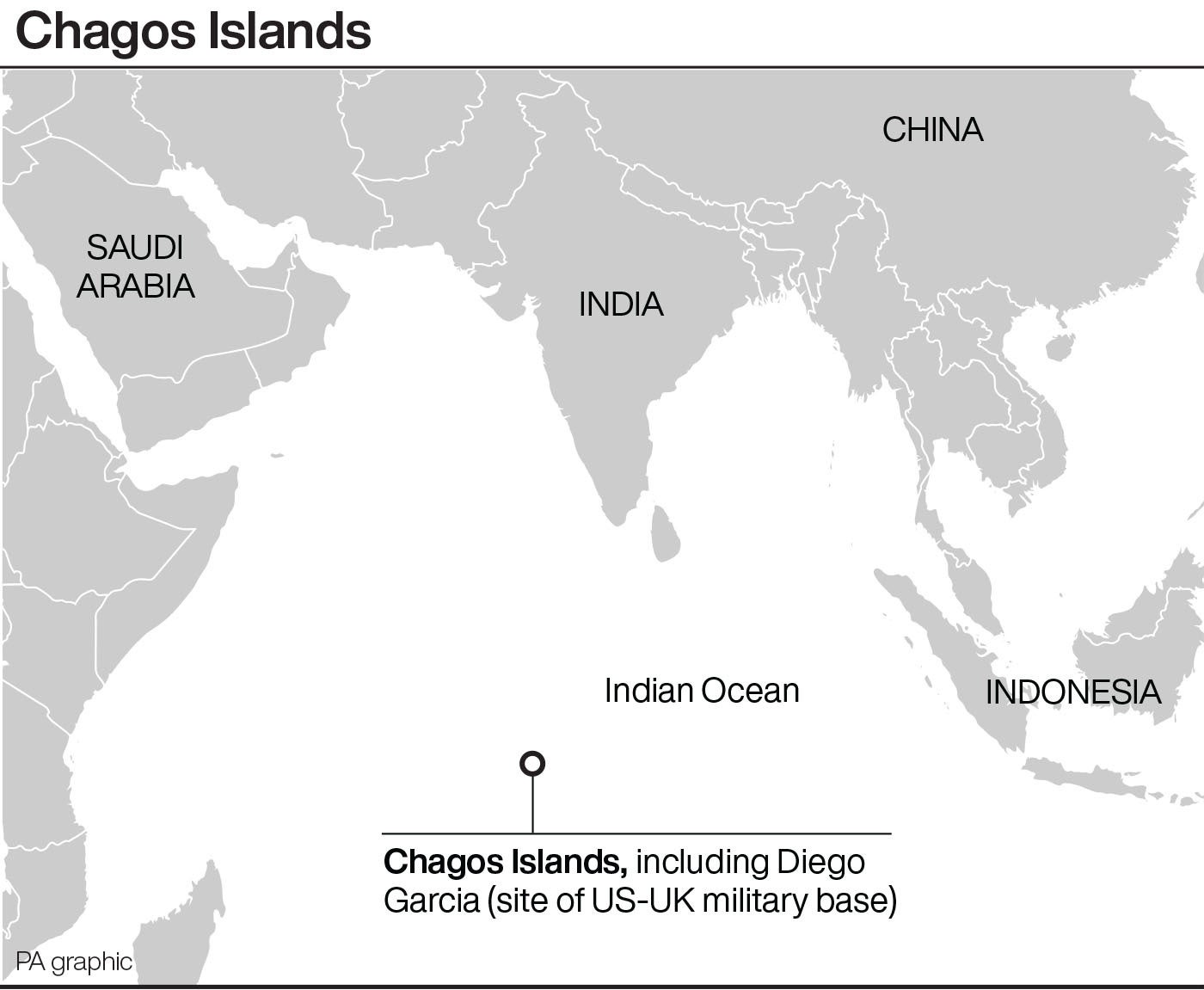British police cars, American biscuits and wild donkeys – what life is like on the Chagos Islands
Sir Keir Starmer’s government announces Britain will return of the Chagos Islands to Mauritius - but what’s it like on the the islands?

Your support helps us to tell the story
From reproductive rights to climate change to Big Tech, The Independent is on the ground when the story is developing. Whether it's investigating the financials of Elon Musk's pro-Trump PAC or producing our latest documentary, 'The A Word', which shines a light on the American women fighting for reproductive rights, we know how important it is to parse out the facts from the messaging.
At such a critical moment in US history, we need reporters on the ground. Your donation allows us to keep sending journalists to speak to both sides of the story.
The Independent is trusted by Americans across the entire political spectrum. And unlike many other quality news outlets, we choose not to lock Americans out of our reporting and analysis with paywalls. We believe quality journalism should be available to everyone, paid for by those who can afford it.
Your support makes all the difference.A military presence hangs heavy over the Chagos Islands’ crystal clear blue seas and white sand beaches amid a “hodge podge” of British and American cultures.
British police cars drive on the right hand side of the road and a picture of Winston Churchill features at the main airport, while people on the island munch on American biscuits as they walk past coconut crabs and wild donkeys.
The Chagos Islands appear to be a place like no other, as revealed by one of the few journalists who has actually been there.
Speaking to the BBC’s World at One on Thursday, the broadcaster Alice Cuddy provided a unique insight into life on the archipelago, as Sir Keir Starmer’s government announced that Britain will return the territory to Mauritius.
The UK prime minister agreed on Thursday to hand back sovereignty of the long-contested archipelago of more than 60 islands in the Indian Ocean in a deal to secure the future of a strategically important UK-US military base, with Britain still retaining sovereignty over the Diego Garcia military base.

Ms Cuddy described an unusual place full of contradictions, from its clashing cultures to its peaceful natural landscapes interspersed with military troops and aircraft.
She said: “It’s a beautiful island – you can picture white sand beaches, beautiful crystal blue seas. There’s large coconut crabs all over the island, wild donkeys. Just a really, really beautiful spot in a really remote area in the Indian Ocean. And then obviously, it’s also home to this very secure US-UK military base.”
The BBC journalist said her movements were extremely restricted when she travelled to the remote chain of islands, so she was not able to actually see the military base and was kept away from the more secure military areas.
However, she said: “You could feel a military presence, obviously, on the island. Near to my accomodation, there was a secure armoury building, you see a troop presence there, you see the military aircraft.”

Then, among the steel and the sand, is a “really fascinating hodge podge” of British and American cultures, Ms Cuddy said.
Stepping of the plane, she noted one of the first things she saw was a Union Jack print door in the airport as well as a big picture of former British prime minister Winston Churchill.
Exiting the terminal, she said she was confronted with British police cars – but the vehicles were all driving on the right hand side of the road. And the currency is the US dollar, and American plug sockets are used.
“And the food I was served for the week was very American,” she said. “Tatter tots and American biscuits.”
Join our commenting forum
Join thought-provoking conversations, follow other Independent readers and see their replies
Comments